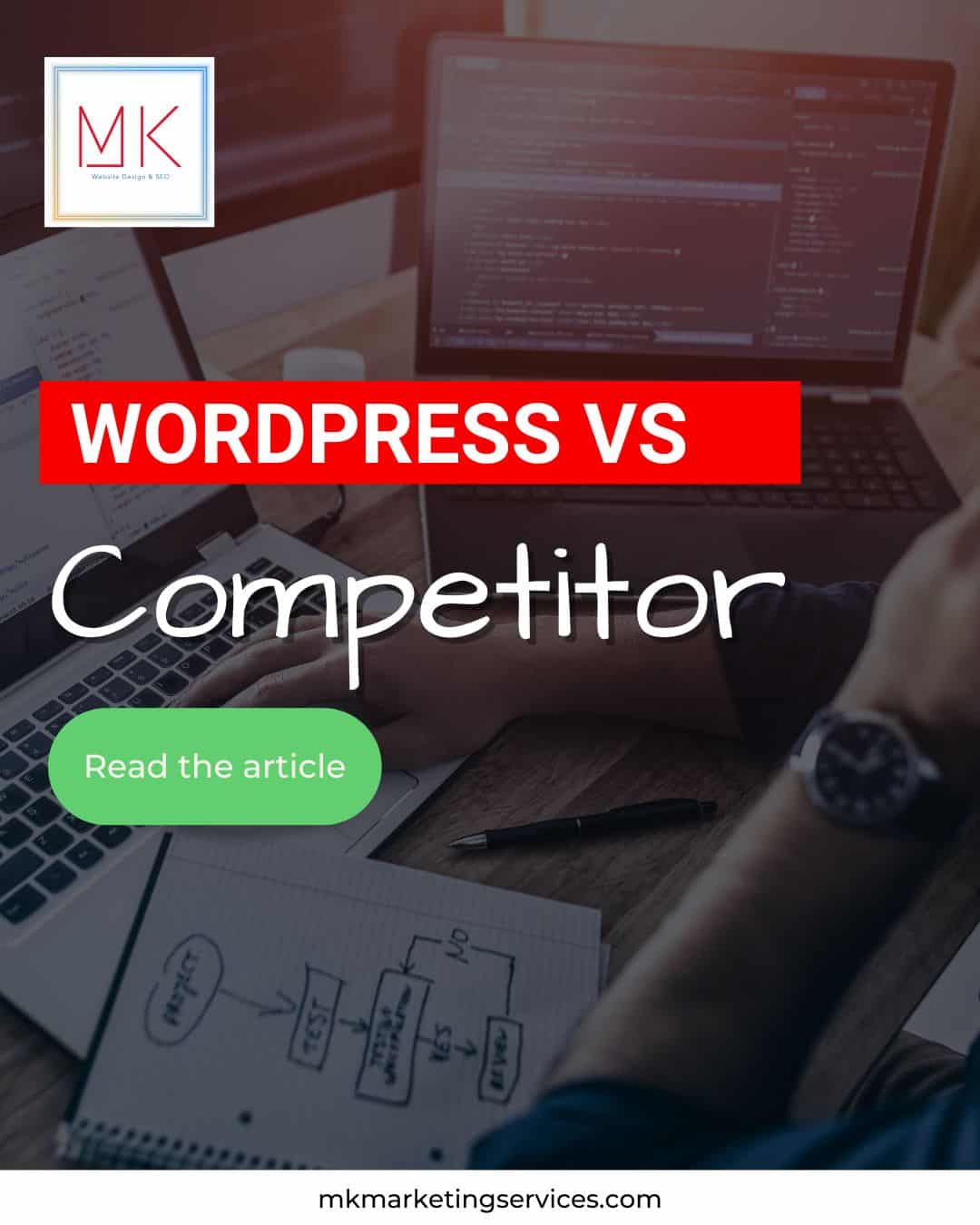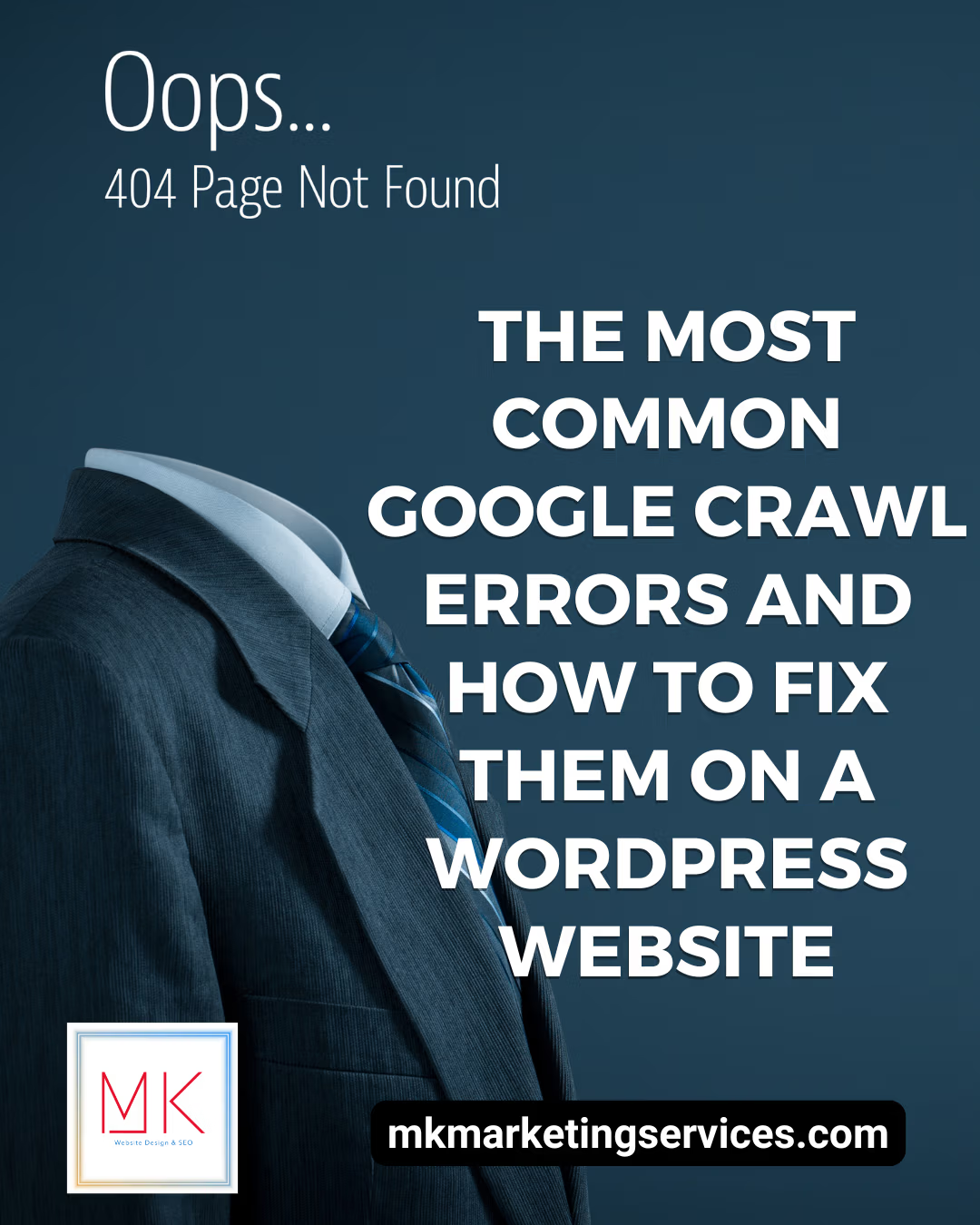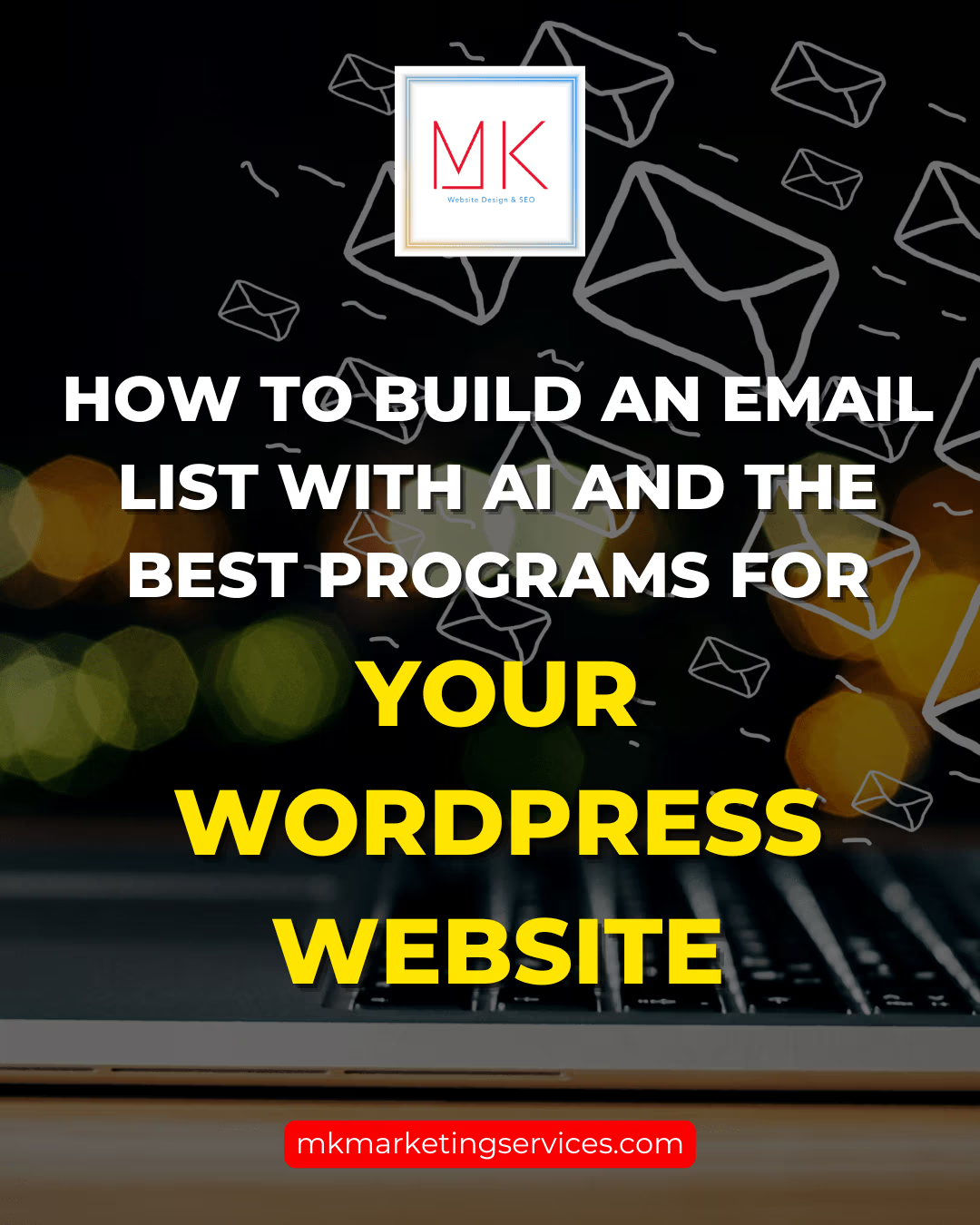Each of these WordPress competitors are different and have their own pros and cons. You need to understand those differences and limitations when choosing a WordPress alternative.
Since WordPress is the forerunner in the CMS market, we weighed it up against the competition to highlight the differences between the software and what they are best suited for. For comparison, we’ve considered the top three, WordPress, Joomla!, and Drupal and popular alternatives Squarespace and Wix.
Picking a CMS is the first step in building a website, You’ll want to start by looking at platforms flexible enough to meet your future needs while offering a return on your investment.
WordPress vs Drupal
Just over a million websites are powered by Drupal, making it the third most popular CMS in the world. Drupal is regarded as the most powerful CMS with the most potential for building a wider variety of complex projects and web applications. The snag is that it’s also the most difficult to use, which doesn’t sit well with absolute beginners.
Drupal and WordPress have similarities; both are free with a wide variety of addons for functionality, and both have a loyal following of users and developers. They were released only a couple of years apart, yet WordPress has gained a lot more popularity over the years owing to its ease of use. Whether WordPress is deserving of its following is subjective. If you know how to use Drupal features, it’s brilliant, if not, you’ll be left confused, and the platform is rendered useless. Let’s look at how they match up:
Hosting – Both CMS are self-hosted therefore the costs will depend on your chosen plan. Site performance might differ between platforms, Both have SEO built into them, while Drupal was built specifically to be SEO friendly, WordPress users have a multitude of plugins to enhance this.
Cost – Both platforms are free to download and install yet costs associated with building the platforms differ. Hiring outside help for Drupal will be more expensive than WordPress due to lack of developers trained in their platform.
Difficulty – To successfully build a website powered by Drupal, you need to learn the basics of coding. Drupal applies a more technical approach to structuring your website and defining its layout than WordPress, which can be off-putting for beginners, for this reason, we’d steer novices away from their platform.
Design and layout – Both CMS can do a lot in terms of content management and performance. Drupal offers an intuitive and minimalistic interface with pre-configured structures and components that let you to build a specific style of website all without any extensive coding.
Flexibility – Add functions such as content themes and plugins from the main menu (WordPress) and use modules (Drupal) to tweak your site exactly the way you want. Since websites powered by Drupal rely less on plugins (modules) than WordPress sites, they often perform better. This is because they aren’t as resource-intensive – to accomplish the same results requires a lot more effort than using WordPress. If you’re experienced with HTML, you’ll find Drupal offers better scalability, one of its standout features. It can be scaled up more than other CMS which makes it the most enterprise-ready, a lot of the world’s busiest websites run on their platform for exactly this reason.
E-commerce – Creating an eCommerce site easily with both platforms, use a plugin with WordPress, similarly use a module with the Drupal platform.
Security – For a CMS that powers official government websites, Drupal’s security capabilities aren’t in question. With plugins, WordPress can easily counter any security shortcomings. Keeping the site up to date is crucial for site security; this is light work with WordPress, Drupal users will need a developer to handle installing or updates software and so-called modules.
Developer community – Similar to WordPress, Drupal offers their users extensive documentation and excellent support through their website. WordPress has an abundance of keen developers, but the platform doesn’t extend as much room for customization as Drupal. Developers can tweak Drupal to their heart’s content, which is why you see many Drupal sites that are very unique in nature.
To summarize, both are great tools, ideal for different types of websites. We’ve discussed how easy WordPress is to learn, yes it’s not nearly as powerful or as secure as Drupal, it is just a better overall solution. Drupal requires the most technical expertise of all CMS; it is also capable of producing the most advanced sites once you master the ropes. However, it is not the best choice for anyone unable to commit to learning the software or hiring someone.
______________________________
WordPress vs Joomla
Joomla! is a free, award-winning CMS that does a great job of balancing extensibility and accessibility. Joomla! is very straightforward to use which explains in part its mass appeal. This CMS powers millions of websites and online applications covering corporate websites to personal blogs, and several intranets including Nintendo, Nordic, Harvard, and Linux.
In a straight comparison, Joomla! and WordPress come closest regarding similarity and these two are the best options for functionality and customizability. Both are free, open-source, and easy to setup and use, and both are suitable for anyone from bloggers to experienced web designers. —with a few different nuances;
Hosting – Both are self-hosted, and most hosting providers have both Joomla! and WordPress as an option in their web tool section.
Cost – Both CMSs are free to use. To create something with Joomla! you might incur the extra cost of a developer, depending on your level of skill.
Difficulty – Joomla! and WordPress have similar back-end requirements, Joomla! users need a more technical skill than those using WordPress out of the box. While the WordPress platform is considered the best suited for beginners, Joomla! isn’t too far behind. With a small amount of effort to understand the Joomla! structure and terminology you’ll be able to create fairly complex sites.
Design and layout – Both platforms offer customizable themes, albeit WordPress provides much more than Joomla!. Each platform provides users an intuitive user interface to update and modify their sites design and layout.
Flexibility – Similar to WordPress, a strong developer community supplies Joomla! with many free open source plugins and extensions. If you want multi-language support, Joomla! comes with this, built-in, you’ll need to download a plugin such as Polylang for the same service on the WordPress platform.
E-commerce – If you want to build a site with an integrated e-commerce store or a social networking-style app, Joomla! handles this well providing e-commerce extensions to manage your content and products in the same place. Similarly, you can add plugins to create a store with WordPress.
Security – Once you’re set up, updating and maintaining a Joomla! site is on par with WordPress. Both regularly release new versions of their software, and each update requires all plugins, extensions, and templates to be individually updated each time. The difference being, Joomla! updates are more frequent and require more work.
Developer community – Both platforms have a sizeable community of developers, Joomla! has a far more complicated structure, even the most seasoned developers have to go through a learning curve to master its layout.
Choosing between the Joomla! And WordPress CMSs comes down to two things; your level of skill, and the complexity of your website build. Where Joomla!s strength is in its complexity, WordPress empowers people with the tools to build websites with relative ease.
______________________________
WordPress vs Squarespace
The Squarespace CMS offers a straight-forward user interface that rivals WordPress, however, their hosting plans are restrictive and missing many standard features such as customization, themes, and addons.
Hosting – Unlike self-hosted WordPress, Squarespace hosted websites include the cost of hosting in the monthly price. Their bundled approach includes ensures your hosting is compatible and optimized for your website, provide web analytics, monitors your site speed and website security.
Cost – Running a site on Squarespace can cost as little as $8 per month, which is similar to any standard WordPress shared hosting plan. However, you’re stung with extra monthly fees with any additional Squarespace features you use. Their basic plan is very limited, it comes with few features and add-ons as well as a limit on the number of pages available and products you can sell. WordPress beats Squarespace on plan flexibility. Simply put: you can use your WordPress site any way you want and pick from a wide choice of hosts.
Difficulty – Since Squarespace doesn’t come with many choices, it’s very simple to navigate and easy to use, absolute beginners can write and publish content with relative ease. Adding images, video and audio files is more straightforward than WordPress, using a drag and drop editor makes creating pages in Squarespace extremely easy, even for those completely new to website building. While WordPress is intuitive, there is a slight learning curve, this can be confusing at first, but it’s more flexible in the long run.
Design and layout – Squarespace’s tagline is Build it Beautiful, and their design templates live up to this. However, customizing a template or creating your own designs requires extensive knowledge of JSON and CSS.
Flexibility – Ease of use is one thing, but Squarespace seriously falls behind regarding extensibility. Templates and customization is limited; you can only change certain features using the site customizer feature, and you’re limited to plugins and features which come built-in. WordPress, on the other hand, harnesses its power through its extensibility, offering thousands of plugins to add new features.
E-commerce – E-commerce with Squarespace is adequate if you want to sell a few products on a single page as a sideline, but it’s not ideal for websites that are e-commerce first.
Each Squarespace plan has a restriction on how many products you can sell, and that makes it much more expensive than using shared hosting to sell products on WordPress. It’s not possible to accept international payments with Squarespace since you can only use Stripe for payment processing which is only available in a select few countries. Limiting your customer base is not ideal for a growing business.
While Squarespace allows you to sell some digital and real products, it’s missing one core capability; you can’t make secure membership websites which are an important source of business for professional writers, bloggers, and businesses. A strong reason to choose WordPress who allows you to create a membership business.
Security – As mentioned, Squarespace adopts an all in one platform, which takes care of your site’s security. Unlike WordPress, you don’t need to buy and configure security software, anyone trying to hack your site is Squarespace’s responsibility. They also take care of backups.
Developer community – Squarespace users can have some of the benefits of self-hosting, the Squarespace full developer platform. This developer friendly space unlocks some extra functionality, Git for example and the ability to export data in the event you want to leave. With both CMS, the content you create on your site is yours, however, WordPress provides easier to manage tools to export your site without restrictions. Squarespace users have access to professional support if and when they need it at no extra cost, via live chat and email tickets. Consult their in-house customer forum instead of browsing support forms or hiring a professional, as is the standard with WordPress.
All in all, Squarespace limitations aren’t compatible with the growth of an online business. While WordPress beats Squarespace on web publishing services for any website, the simplicity of the Squarespace platform makes it a great choice for small sites needing limited functionality. Aside from this, WordPress outperforms Squarespace in every sense.
______________________________
WordPress vs Wix
The Wix CMS is a leading cloud-based web development platform, they’ve been around since 2006 and have built a sizeable brand largely through word of mouth. The sevice’s simplicity its unbeatable, however, it’s way off when it comes to customization and add-ons.
Hosting – Hosting is provided with Wix. Wix offers users an all-inclusive website builder; you build your site on their software with their tools.
Cost – WordPress’s initial cost is free, you only pay for hosting; Wix’s cost escalates quickly if you want more than a basic site. The Wix basic plan is free if you don’t mind your site acting as a subdomain with a URL like http://sitename.wix.com/
Paid plans aren’t outstanding, and are tiered in categories from basic connection to VIP and eCommerce. They all come bundled with essential services for each user, and there is no unlimited bandwidth or file storage with any plan. As Wix plans go up in price, they are all more expensive than their main hosted competitors. Anything you pay extra for with Wix, you can get free with WordPress.
Difficulty – From a simplicity standpoint, WordPress and Wix are on a similar level. Wix tools are easy to use, and the platform is very powerful. Wix presents content with AJAX technology. AJAX provides a seamless drag and drop user interface giving Wix the edge over WordPress; select any element on your site, edit, rearrange or add content and media in an extremely clear interface perfectly suited to beginners. There is one snag; Google search engine bots have issues crawling it which can impact your SEO.
Design and layout – Wix comes with several hundred customizable templates, this doesn’t compare to the tens of thousands WordPress offers but they cover the most commonly requested themes. Most of them are free, others require monthly payments and vary in price.
While not quite up to WordPress’s designs, Wix has a solid selection of modern themes. To create a unique site, changing the layout and rearranging items is a breeze but there is a catch; you can’t switch from one theme to another at whim, in contrast to WordPress where you can modify them unrestricted.
Flexibility – Just like WordPress, Wix is free, however, the basic free plan doesn’t offer add-ons. To access important add-ons such as analytics tools and e-commerce plugins you’ll need to upgrade to a one their premium paid plans and pay for additional add-ons outside of the plan. While the cost of running a WordPress site rises if you use premium plugins, you have access to thousands of free apps and plugins to keep costs down.
E-commerce – Build an e-commerce site with Wix using their eCommerce Premium Plan, you can store up to 10GB with 20GB bandwidth or opt for WordPress and find more choice hosting plus a larger data allowance. Above all, Wix shops are quick to set up and look the business but, they can’t compete with more powerful ecommerce platforms, such as self-hosted WordPress with the WooCommerce plugin.
Security – Wix hosts all websites on their servers, and their professionals are in charge of keeping your site secure. As you’ve gathered by now, WordPress needs a helping hand with by way of security plugins and regular updates.
Developer community – The availability of Wix developers and online support hubs is thin on the ground compared to the vast sources of information and developers available to WordPress site builders.
As you can tell, WordPress comes out as far superior to the Wix platform. While Wix has an easy to use site builder, WordPress allows you more access to themes and plugins to accomplish more in the long run.
______________________________
Summary
The WordPress platform is the most popular because it’s the easiest for non-developers to use to build a professional looking website. It’s quicker to master than most CMS; without much effort, anyone can build a powerful website that’s above all easy to manage. It’s also the most versatile being the only platform which can build any website, including e-commerce.
In our opinion, WordPress is the best CMS in most cases; it’s the most user-friendly, includes the most themes and plugins and has the biggest support community. The only area it falls down on is security, but it’s easy to ‘harden it’ and make it secure when you know your way around WordPress and security plugins.













